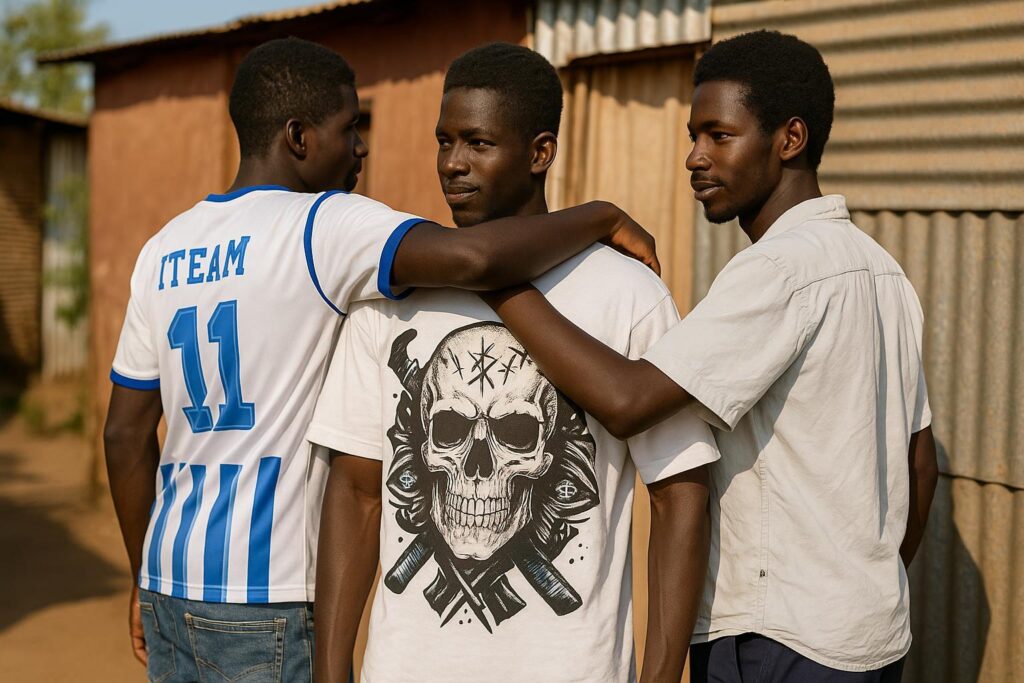Viral Assault Sparks National Outrage
A disturbing video showing intoxicated youths raping a 16-year-old rival in Juba’s Sherikat district circulated online in June, jolting a war-weary nation.
The clip ignited public fury and renewed scrutiny of South Sudan’s expanding street gangs.
Police Crackdown and Conscription Claims
Authorities responded with mass arrests, detaining more than 600 young people; over half were later released without charge, fuelling allegations of a heavy-handed approach.
Lawmakers and activists claim some detainees were forcibly conscripted into the South Sudan People’s Defence Forces and transported north to frontline bases, accusations officials deny.
Conflict’s Legacy Fuels Youth Violence
Researchers link gang membership to years of conflict, school dropout, joblessness and trauma inside families fragmented by war.
Teenage thefts on speeding boda motorcycles and machete fights between crews have become routine in Juba, normalising violence for impressionable adolescents.
Community Centres Plant Seeds of Hope
Grassroots Empowerment and Development Organization, backed by UNICEF, hosts counselling circles in Gudele where former gang leader Peter Amule counsels teenagers under a small mango tree.
Amule argues that empathy, faith and practical exit strategies—sometimes even buying a motorcycle for a gang boss—work better than force.
Football Fields Offer Safe Ground
Across the Nile in Sherikat, ex-fighter Alaak ‘Kuku’ Akuei trains 900 boys at Young Dream Football Academy, recruiting other former gang members as coaches.
He believes regular training sessions, school support and the simple feeling of belonging counter the lure of drugs and street battles.
Youthful Optimism Versus Systemic Challenges
Observers say such community initiatives cannot substitute for national reforms but they demonstrate how young South Sudanese still imagine peaceful futures despite enduring insecurity.


